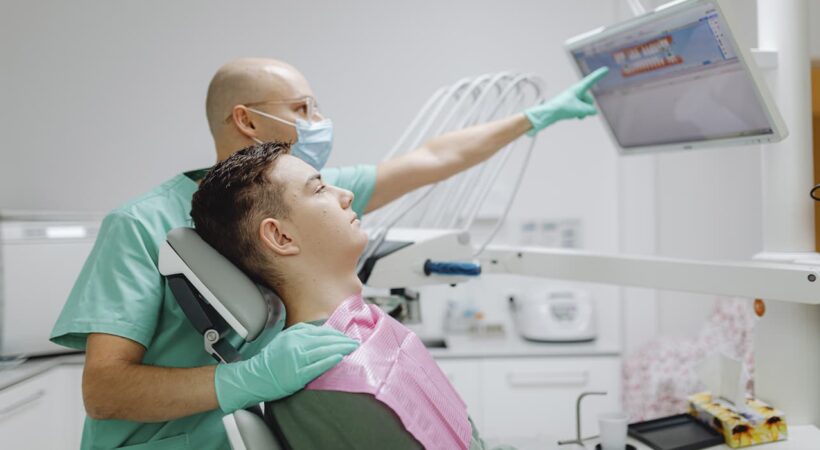Switzerland has been the world leader in life expectancy since 2012. This is also due to the level of medical care. The hospitals here are extremely highly regarded for their state-of-the-art equipment and qualified doctors.
However, more often than not, they offer services for a fee, which are used by visitors from all over the world. The most complicated and rare diseases are treated here, but the cost is quite high.
Get a passport of the country will not work quickly – there is a program of residence permit through investment in the national economy.
The basis for obtaining a residence permit is an agreement with the canton for the payment of taxes – at least 100 thousand euros per year. The residence permit is valid for one year and is renewed annually for 10 years. Only after this you can apply for permanent residence. Swiss citizenship you can obtain after living in the country for at least 12 years.
In some cases, this investment is completely justified. Swiss citizens have the right to cover a large part of their medical expenses – they are reimbursed by the government. As a result, you get access to the highest quality medicine and the best pharmaceuticals in the world, but you pay significantly less for services and medicines than visitors from other countries.
In Austria medicine is financed from social security contributions and taxes, i.e. from the budget, and only to a small extent from private funds: prescription fees, participation of insurers in reimbursement, deductibles for private health insurance. Judging by experience, this is enough, because the country is in the top ten in medicine for many years.
Austrians and even tourists are entitled to free basic medical services. All working citizens enjoy social insurance that covers laboratory tests, examination and treatment, including dental, surgical operations, hospital stays, services of doctors and nurses, and maternity allowance. In addition, there is so-called commercial insurance, which is often chosen by wealthy people. And those who have no insurance, or who want to improve their health in private premium clinics, have to pay a lot of money.
The Federal Ministry of Health has a clear-cut system of institutions: from medical departments at the provincial (federal subject) level to a doctor obligatory for each community. An interesting point is that there are no polyclinics in Austria.
Primary health care is provided by practicing physicians (analogous to our therapists). They have a private practice, or partially supported by the federal state. In smaller communities, the doctor’s home is necessarily equipped with a proper signposting. The township doctor (in larger towns – district doctor) is, in fact, a family doctor. Without his referral for a free appointment you can only see a dentist and a gynecologist.
